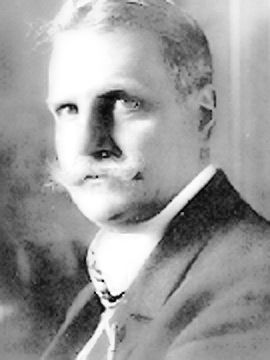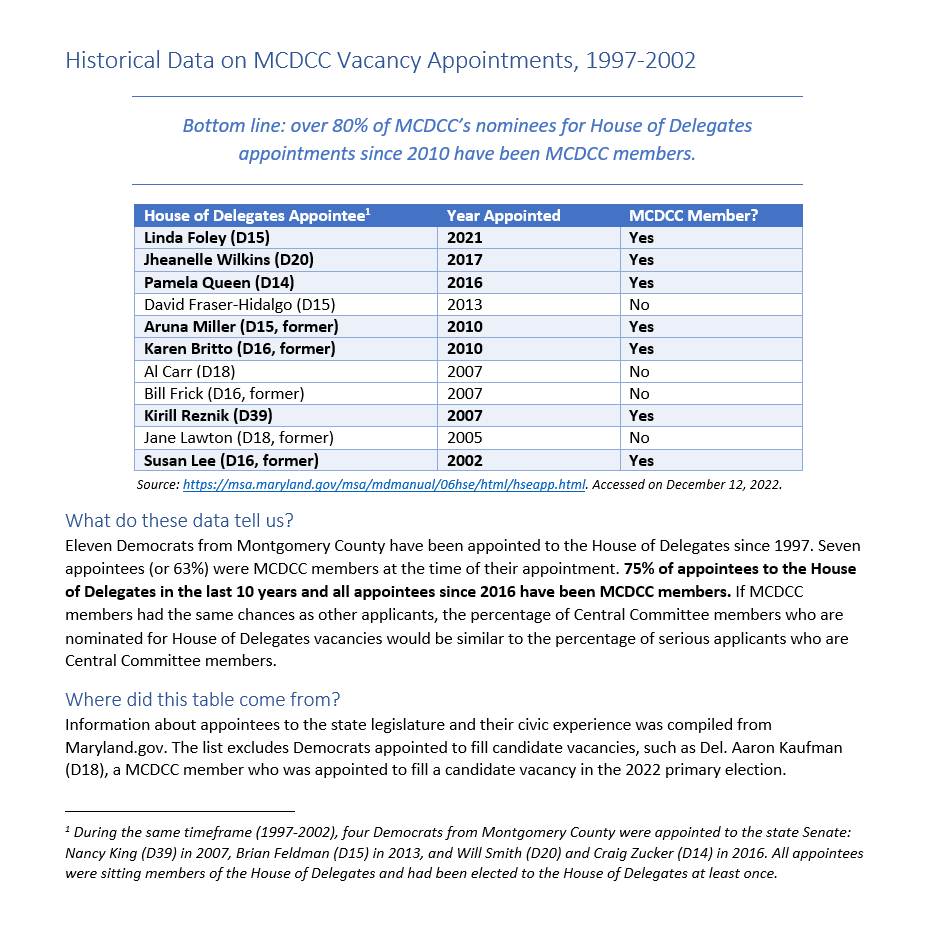By Adam Pagnucco.
When I was a graduate student at Cornell University’s School of Industrial and Labor Relations, I worked for a professor named George Brooks. He was a man of living history who had worked at the National Labor Relations Board and inside the labor movement during the height of labor’s power in the 1930s and 1940s. He had many entertaining stories of the rollicking days of union organizing when workers faced off against bosses in the streets. But what I will never forget is his assignment of one of the most ponderous, but also most significant, tomes in all of sociology: Political Parties by Robert Michels.
Michels was a German-born socialist who became an academic in Italy. He was no mere professor; he was a political player who moved between parties and influenced many leading figures of the early 20th century. Political Parties was his masterpiece. In it, he laid out what he regarded as a nearly inevitable process by which volunteer-led insurgent groups transformed into rigid, dictatorial organizations. He called this “the Iron Law of Oligarchy.”

Robert Michels, from Wikipedia.
What accounts for this iron law? First, as an organization grows larger, it cannot rely on volunteers alone. It begins to develop a bureaucracy whose members wield expertise beyond that of the rank-and-file. Second, the bureaucrats use this expertise to consolidate power and slowly begin to free themselves of accountability to those below. And finally, they build a durable hierarchy that stays in control by monopolizing decisions, rewards and punishments. Michels wrote, “Who says organization, says oligarchy.”
The book is tough reading, filled with parties, unions and leaders of another time and place. Michels gives many examples of the iron law being practiced but very few of it being broken. At the time, I thought, “Why is Brooks assigning to us this awful book?” But as I began my career in labor, government and politics, I could see Michels’s prophecies coming true in almost every organization where I worked. It didn’t really matter who the leaders were. The founding principles of the organizations didn’t matter. Neither did their missions. Virtually all of them were either oligarchies or on their way to becoming oligarchies.
That brings us to the Montgomery County Democratic Central Committee (MCDCC), where a group of rebels sought to restrain its practice of appointing its own members to the General Assembly. I have written about vacancy appointments many times, but here is a document that crystallizes the issue. It is research prepared by an MCDCC member noting just how often central committee members appoint themselves to the state legislature. It confirms my prior research and states plainly, “Bottom line: over 80% of MCDCC’s nominees for House of Delegates appointments since 2010 have been MCDCC members.” MCDCC’s failure to vote on Liza Smith’s proposal to limit self-appointments is no accident; it is a move to preserve its power.

This goes much farther than MCDCC. I have lived in many places around the country – Upstate New York, Annapolis, D.C. and Las Vegas come to mind. None of them compares to Montgomery County in the way that the leaders here tell those they allegedly serve, “We know better than you.” I see that attitude in almost every institution we have, and I see it most in county government and local politics.
Years ago, I was working on a campaign to give voters the choice of whether to retain the county’s stumbling liquor monopoly. As I made the rounds, I encountered a man in Bethesda who said something like this.
I have a Ph.D. My wife has a Ph.D. My neighbor works in international relations. My other neighbor is a partner in a law firm downtown. Everyone on my block is accomplished in their field. So why does my county government treat us like children?
Why indeed?
I have written the story of this place now for more than 15 years. It is a story of conflict over land use. It is a story of new communities emerging to be heard. It is a story of growth and equity, sometimes in alignment and sometimes not. It is all of that, but it is also the story of critical thinking vs oligarchy. It pits Michels’s iron law against those who say, “Why are we doing it this way? Is there no way to do it better?” Try as they might, the oligarchs can never totally silence those voices. And sometimes the rebels even score a victory.
The Iron Law of Oligarchy is real. Will it dominate the future of Montgomery County?
